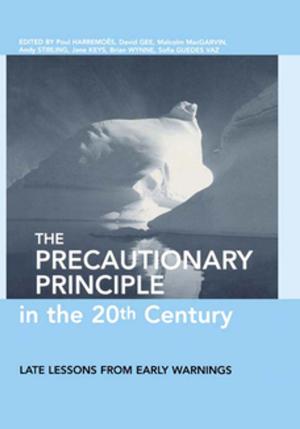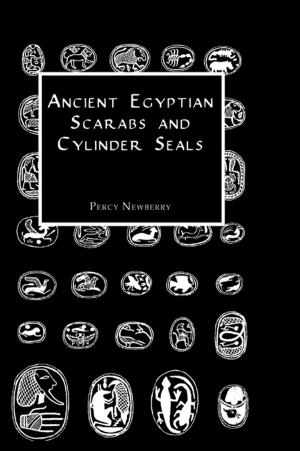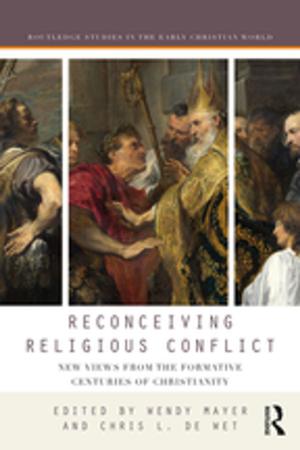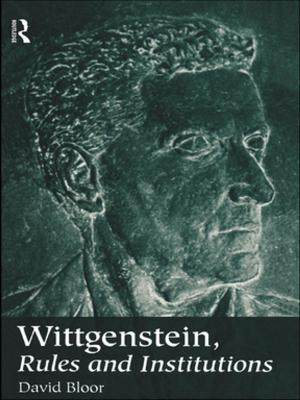| Author: | ISBN: | 9781134905409 | |
| Publisher: | Taylor and Francis | Publication: | May 23, 2016 |
| Imprint: | Routledge | Language: | English |
| Author: | |
| ISBN: | 9781134905409 |
| Publisher: | Taylor and Francis |
| Publication: | May 23, 2016 |
| Imprint: | Routledge |
| Language: | English |
Racializing the Soldier explores the impact of racial beliefs on the formation and development of modern armed forces and the ways in which these forces have been presented and historicized from a global perspective. With a wide geographical and temporal spread, the collection looks at the disparate ways that race has influenced military development. In particular, it explores the extent to which ideas of racial hierarchy and type have conditioned thinking about what kinds of soldiers should be used and in what roles.
This volume offers a highly original military, social and cultural history, questioning the borders both of racialization and of the military itself. It considers the extent to which discourses of gender, nationality and religion have informed racialization, and probes the influence of expert studies of soldiers as indicators of national population types. By focusing mostly, but not exclusively, on colonial and post-colonial states, the book considers how racialized militaries both shaped and reflected conflict in the modern world, ultimately explaining how the history of this idea has often underpinned modern military planning and thinking.
This book is based on a special issue of Patterns of Prejudice.
Racializing the Soldier explores the impact of racial beliefs on the formation and development of modern armed forces and the ways in which these forces have been presented and historicized from a global perspective. With a wide geographical and temporal spread, the collection looks at the disparate ways that race has influenced military development. In particular, it explores the extent to which ideas of racial hierarchy and type have conditioned thinking about what kinds of soldiers should be used and in what roles.
This volume offers a highly original military, social and cultural history, questioning the borders both of racialization and of the military itself. It considers the extent to which discourses of gender, nationality and religion have informed racialization, and probes the influence of expert studies of soldiers as indicators of national population types. By focusing mostly, but not exclusively, on colonial and post-colonial states, the book considers how racialized militaries both shaped and reflected conflict in the modern world, ultimately explaining how the history of this idea has often underpinned modern military planning and thinking.
This book is based on a special issue of Patterns of Prejudice.















